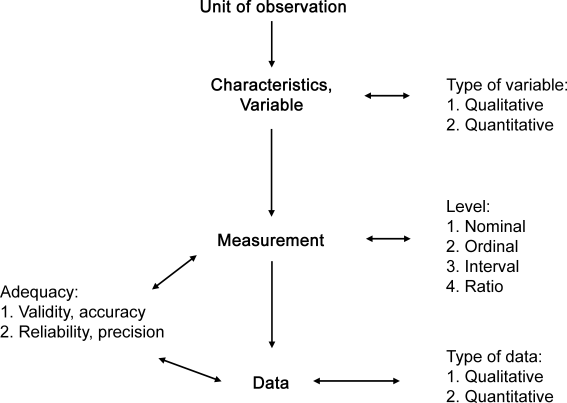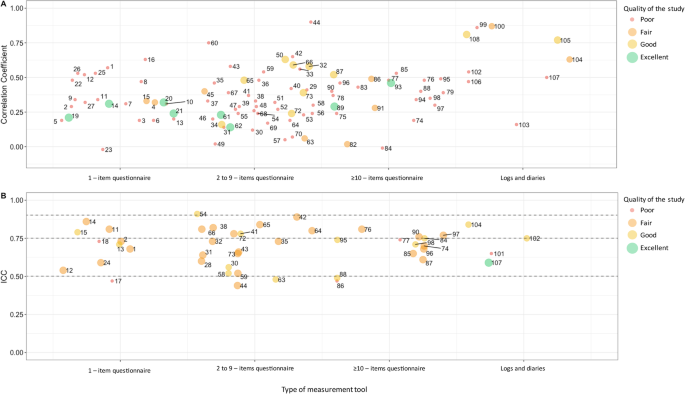

Measures that are high in reliability should exhibit all three. Perhaps the most straightforward way to assess reliability is to ensure that they meet the following three criteria of reliability. Reliability refers to a condition where a measurement process yields consistent scores (given an unchanged measured phenomenon) over repeat measurements. Similarly, we want questions that get accurate responses from respondents - this is validity. We want questions that yield consistent responses when asked multiple times - this is reliability.
To apply these concepts to social research, we want to use measurement tools that are both reliable and valid. Measuring this piece of wood with a "good" tape measure should produce a correct measurement of the wood's length. To continue with the example of measuring the piece of wood, a tape measure that has been created with accurate spacing for inches, feet, etc. Validity refers to the extent we are measuring what we hope to measure (and what we think we are measuring). The tape measure yields reliable results. Measure it repeatedly and you consistently get a measurement of 2 1/2 feet. Measure - you get a measurement of 2 1/2 feet.

Say you have a piece of wood that is 2 1/2 feet long. Think about measurement processes in other contexts - in construction or woodworking, a tape measure is a highly reliable measuring instrument. Reliability is concerned with questions of stability and consistency - does the same measurement tool yield stable and consistent results when repeated over time. These two concepts are validity and reliability.


 0 kommentar(er)
0 kommentar(er)
